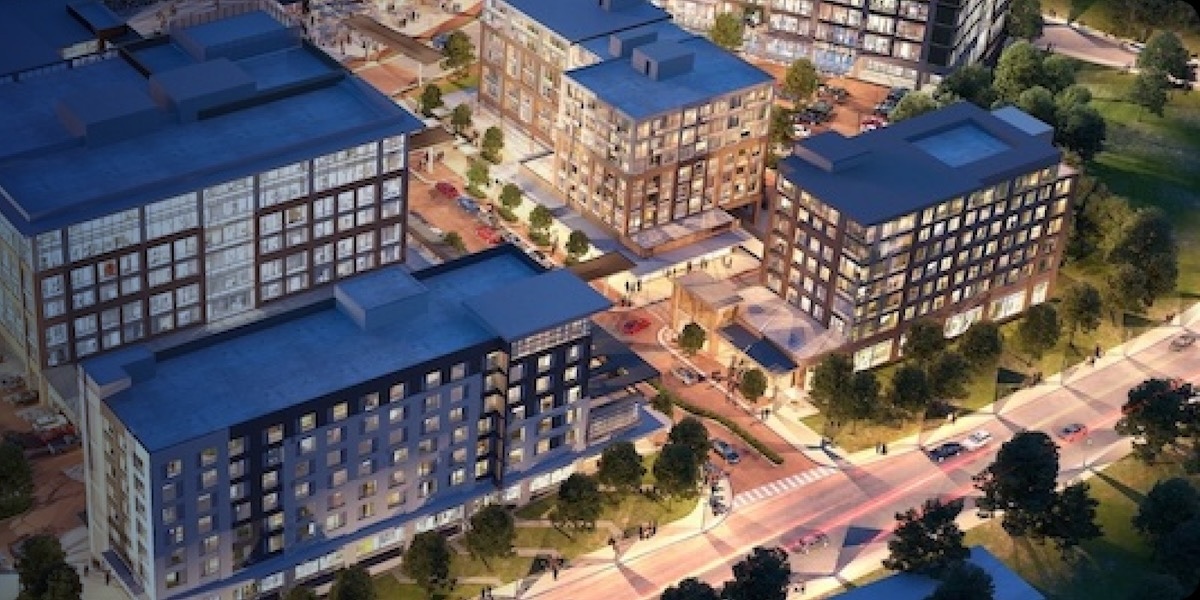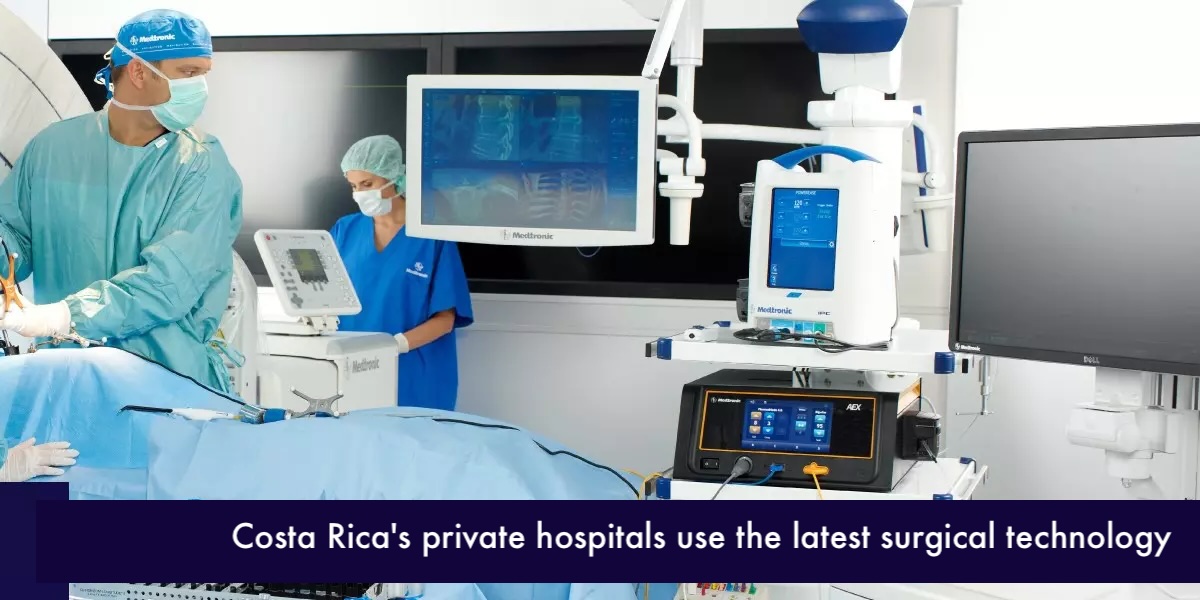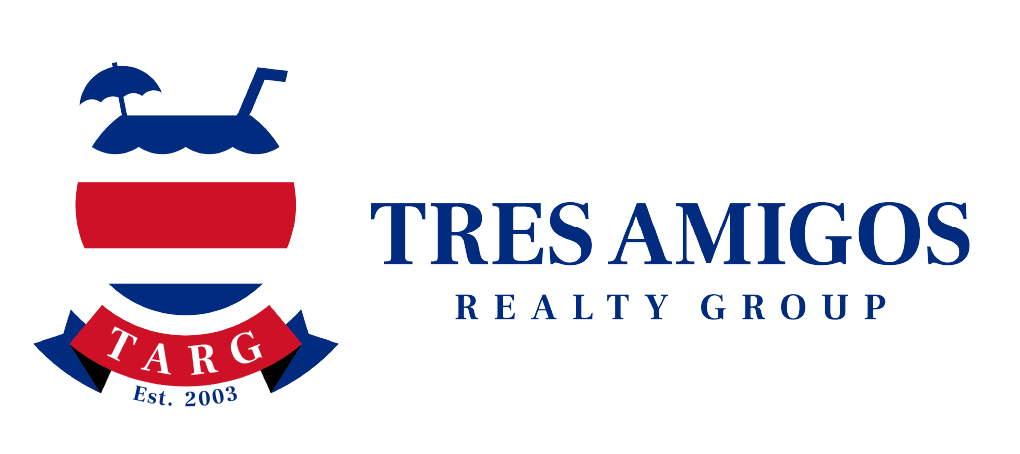
Image courtesy of Clinica Biblica, San Jose Costa Rica
1. Overview of Costa Rica’s Healthcare System
Costa Rica offers a dual healthcare system that combines universal public coverage with a robust private sector. This hybrid model makes it accessible and affordable for both locals and foreigners, which is a major factor in the country’s popularity among retirees and expats.
The backbone of public healthcare is the Caja Costarricense de Seguro Social (CCSS), often simply called "la Caja." It provides nationwide coverage through an extensive network of hospitals and clinics. Services range from general check-ups to surgeries and long-term treatment, all included in monthly contributions tied to your income.
In parallel, private healthcare is widely available, especially in urban centers. It includes internationally accredited hospitals, English-speaking professionals, and modern equipment. Many residents use both systems strategically—public care for chronic or routine issues, and private care for speed and specialization.
2. How Much Does Healthcare Really Cost in Costa Rica?
Affordability is relative, but by almost any global standard, healthcare in Costa Rica is a bargain. A routine doctor visit at a private clinic might cost between $50 and $110, while a dental cleaning runs about $50-$100. For public healthcare users, doctor visits are covered through Caja with no extra charge per visit. Dental care is not covered unless it is an emergency due to accident.
More complex procedures also tend to be far less expensive. A knee replacement surgery, for example, might cost around $12,000 in a private hospital in Costa Rica—compared to over $50,000 in the U.S. Monthly prescriptions for common conditions (like hypertension or cholesterol) often range between $20 and $50 if paid out-of-pocket at a local pharmacy.
Compared to countries like the U.S., Canada, or the UK, Costa Rica consistently offers lower costs while maintaining respectable quality. Even expats with private insurance or cash plans frequently find their annual health expenses drastically reduced.
3. Public vs. Private Care: What’s the Difference?
Public healthcare through the Caja is funded by payroll and pension contributions. Once enrolled, patients receive comprehensive care with minimal to no additional costs. However, this system is known for longer wait times, especially for specialist appointments or elective surgeries. If the general practitioner determines there is an urgent need to see a specialist the wait times are significantly reduced.
Private care, on the other hand, offers quick access, personalized service, and often English-speaking staff. Costs vary, but many residents often opt for a blend of public and private options depending on urgency and preference.
Bilingual care is widely available in private clinics, particularly in areas popular with foreigners such as Liberia, Tamarindo, Escazú, and Santa Ana. However, even public hospitals in major cities usually have some English-speaking staff.
4. Can Foreigners Use the Healthcare System?
Yes, but the specifics depend on your residency status. Legal residents are required to enroll in the Caja and pay monthly premiums based on income. Once enrolled, they have full access to the national healthcare system.
Tourists and part-time residents cannot access the Caja but can use private healthcare facilities on a pay-as-you-go basis or through international insurance plans. Many expats supplement the Caja system with local or global private insurance for maximum flexibility.
Local health insurance plans like INS or Pan-American Life offer comprehensive coverage at reasonable rates, while international companies like Cigna or IMG also cover expats living in Costa Rica.
5. Popular Private Hospitals and Clinics
For retirees considering the Papagayo region, the city of Liberia offers increasing access to quality private healthcare. One of the most noteworthy developments is the new partnership between Hospital Clínica Bíblica and Hospital San Rafael Arcángel in Liberia. This collaboration extends Clínica Bíblica’s renowned "Mi Vida" benefits program to the Guanacaste region, offering discounts and preventive health services to residents and visitors alike.
Through this agreement, members of the Mi Vida program receive the same benefits in Liberia as they would at Clínica Bíblica’s flagship hospitals in San José and Santa Ana. Services include lab tests, urgent care visits, and medical check-ups—ensuring continuity of care and high standards for both locals and expats. Enrollment in the program is open to anyone and includes a free comprehensive check-up after six months of membership.
- Hospital San Rafael Arcángel (Liberia): Now operating in close cooperation with Clínica Bíblica to provide discounted and quality care to Mi Vida members in the Guanacaste region.
- Hospital CIMA Guanacaste: Located near the Liberia International Airport, this facility has historically offered outpatient services, diagnostics, and emergency care. While its expansion was scaled back, it remains a reference point in the area.
In addition, Clínica Bíblica’s is planning to build a hospital in Liberia as part of a large mixed‑use project aimed at retirees and medical tourists. It will be only 2km from the Guanacaste International Airport. Clinica Biblica is a longstanding leader in private healthcare, with modern facilities, comprehensive care, and a medical tourism infrastructure. Currently they have several hospitals in the Central Valley (near San Jose).
6. Quality of Care: Is It Safe and Modern?

Image courtesy of Clinica Biblica, San Jose Costa Rica
Costa Rica’s healthcare system is well-regarded in Latin America for its quality. Several private hospitals have international accreditation, and doctors are frequently trained in North America or Europe.
Public facilities vary, with urban hospitals being more modern than rural ones. However, the core infrastructure is solid, and infection rates are low. Many expats report being pleasantly surprised by both the competence and compassion of medical professionals. Most doctors in North America are more interested in getting patients in and out the door quickly, while Costa Rican doctors will take plenty of time to get to know you personally and what your worries and concerns are. They simply reflect the more personal and friendly culture of Costa Rica.
7. Prescription Drugs and Pharmacies
Pharmacies in Costa Rica are abundant and typically well-stocked. Many medications that require a prescription elsewhere—like antibiotics or blood pressure meds—are available over-the-counter after a brief consult with a pharmacist.
Brand-name drugs are often imported, but local generics are also available and affordable. A month’s supply of basic medication are typically much less expensive than in North America, or be covered entirely through Caja for enrolled residents.
8. Healthcare for Retirees: A Top Reason to Move
Healthcare is one of the strongest draws for retirees considering a move to Costa Rica. The Pensionado residency program makes it straightforward for retirees with a qualifying pension to become legal residents and enroll in Caja. In fact, Costa Rica has an investor's residency option for those investing more than USD$150,000. This residency option can include your real estate purchase (see us for details on how to set this up). For this reason, many investors and retirees choose to buy a home or condo in Costa Rica in order to quickly qualify for residency.
Retirees enjoy low-cost access to both public and private systems and often report that their healthcare experience is more personal and less bureaucratic than what they faced back home. Routine care, lab work, and prescriptions are all affordable and easily accessible.
9. What About Emergency Care?
Emergency care in Costa Rica is reliable. The 911 system works efficiently in urban areas, and major hospitals have 24/7 emergency rooms. Public hospitals are obligated to treat urgent cases regardless of Caja enrollment.
Ambulance rides are free through the Caja for residents. At the time of this writing, a trip to the ER in a private facility might cost around $150–$300, excluding tests or treatment, however you should check with the hospital to be sure of total current costs.
On a personal note: the writer of this page was once rushed to emergency in a private hospital in San Jose for kidney stones. I was treated immediately. They assigned a highly qualified doctor to me, gave me morphine to ease the pain, and kept me in emergency for several hours. Eventually the stones passed out of my system and I departed the hospital having paid only $600. This was a few years ago but the experience was amazing and, aside from the kidney stones, pretty painless.
10. Final Thoughts: Is Healthcare in Costa Rica Right for You?
Costa Rica offers an appealing balance: low costs, good access, and solid medical standards. Whether you're a retiree, a remote worker, or a long-term investor, the healthcare system here can meet your needs without breaking your budget.
While no system is perfect, many expats find Costa Rica’s healthcare a major upgrade from their home countries—especially in terms of affordability and peace of mind. If you're exploring life in Costa Rica, this is one essential piece of the puzzle you can feel confident about.
Learn more about retiring or investing in Costa Rica and see how its healthcare can support your lifestyle goals.





